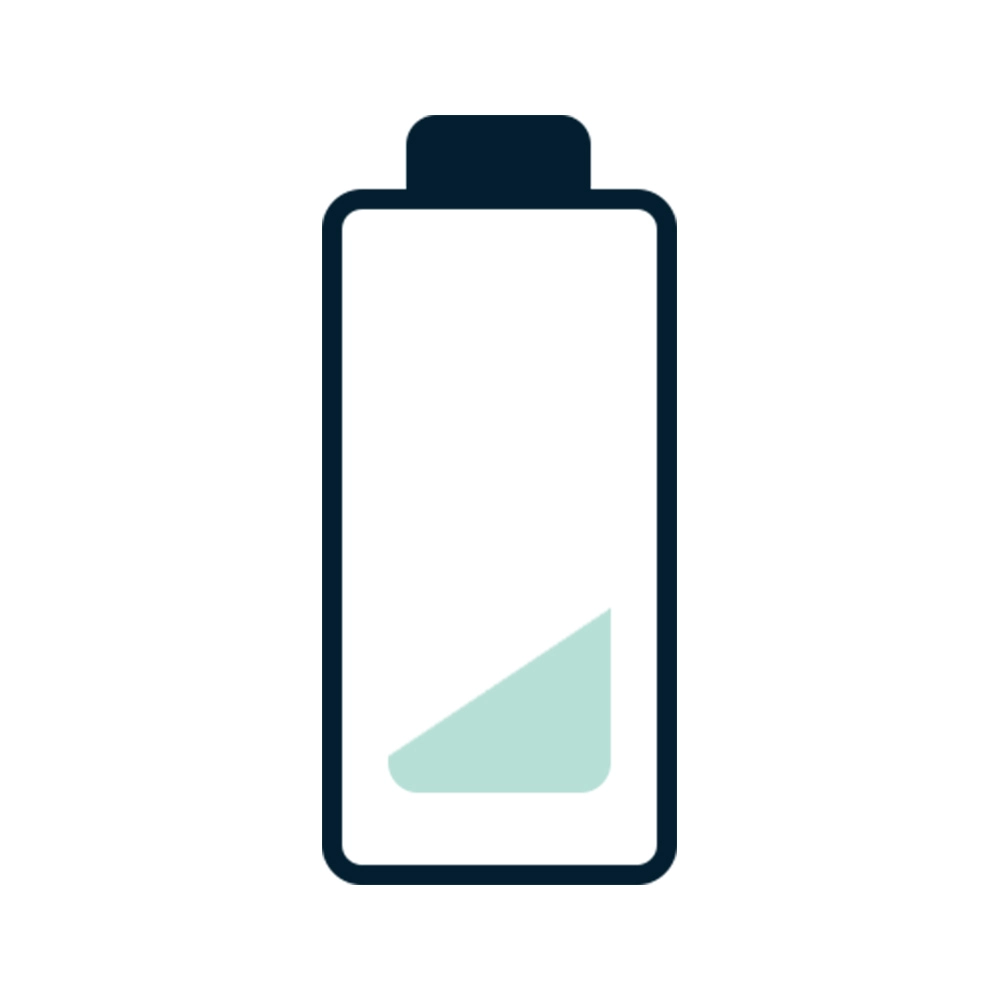
'Deficient' as a body pattern in Chinese Medicine
Chinese: 虚 Pinyin: Xū
Summary: Deficiency patterns are also categorized as 'Empty' as apposed to Excess/Full patterns. As the term indicates, they occur mostly due to a lack of certain Vital Substances, be they Blood, Qi, Yang or Yin. The Deficiency manifests itself primarily in a hypersensitivity to stress and climatic factors as well as strong reactions to foods ingested. The lack of vital substances usually results in less-than-ideal function of the internal Organs. Each Organ can manifest a variety of Deficiency disorders, including functional.
Patterns: View associated patterns of disharmony
Deficiency patterns are also categorized as 'Empty' as apposed to Excess/Full patterns. As the term indicates, they occur mostly due to a lack of certain Vital Substances, be they Blood, Qi, Yang or Yin.
It is impossible to generalize the clinical manifestations of Deficiency conditions as these depend on the Organ and the Vital Substance involved. Generally, the most common symptoms are tiredness, loose stools, weak voice, desire to lie down, slightly pale tongue and weak pulse.
We can distinguish four types of Deficiencies: Blood Deficiency, Qi Deficiency, Yang Deficiency and Yin Deficiency.
Blood Deficiency
The main symptoms of Blood Deficiency are a dull pale face, pale lips, blurred vision, dry hair, tiredness, poor memory, numbness or tingling, insomnia, scanty periods or amenorrhoea, a Fine or Choppy Pulse and a Pale-Thin tongue.
Those symptoms are due to dysfunction of various Organs. Deficiency of Liver Blood causes blurred vision, tiredness, numbness or tingling and scanty periods. Heart Blood Deficiency causes pale face, pale lips, Pale tongue and insomnia. The Organs which are most likely to suffer from Blood Deficiency are the Heart, Liver and Spleen.
Blood is part of Yin and a long-standing Blood Deficiency gives rise to Dryness, causing dry hair and nails.
Qi Deficiency
The main symptoms are a pale face, a weak voice, slight sweating during daytime, slight shortness of breath, tiredness, lack of appetite and an Empty pulse.
Qi Deficiency is the most common and least severe Deficiency. Most of the above symptoms arise from weakness of Lungs Qi failing to control breathing, and weakness of Spleen Qi failing to transform and transport.
Lungs and Spleen Qi Deficiency occur often, as it is the Spleen that produces Qi and the Lungs that govern Qi. However, there can be many other symptoms of Qi Deficiency, according to which Organ is involved, in particular the Heart or Kidneys.
Yang Deficiency
Yang Deficiency often leads to Empty Cold, but it is not necessarily always the case.
Qi is part of Yang, thus Yang Deficiency is similar in nature to Qi Deficiency discussed above. The main symptoms are, in addition to those of Qi Deficiency: chilliness, a bright pale face, cold limbs, no thirst, a desire for hot drinks, loose stools, frequent pale urination, a Weak pulse and a Pale and wet tongue.
The main difference is that in Qi Deficiency, it is the Qi's transformation function that is mostly at fault, while in Yang Deficiency, it is the Qi function of warming and protecting that is impaired.
The Organs which most commonly suffer from Yang Deficiency are the Spleen, Kidneys, Lungs, Heart and Stomach.
Yin Deficiency
Yin is a cooling element of the body, thus Yin Deficiency can naturally lead to Empty Heat, but it is not necessary the norm. Sometimes Yin may be Deficient for years before finally giving rise to Empty Heat.
The main symptoms of Yin Deficiency are a feeling of Heat in the afternoon or evening, a dry throat at night, night sweating, thin body, a Floating-Empty pulse and a tongue without coating. Yin also moistens, hence the symptoms of Dryness such as dry throat and tongue.
Again, the above are only the general symptoms of Yin Deficiency, other symptoms depending on which Organ is mostly involved. The Organs most likely to suffer from Yin Deficiency are the Kidneys, Lungs, Heart, Liver and Stomach.
Other symptoms also depend on whether there is Empty Heat or not. If the Yin Deficiency is severe, after some time, Empty Heat will develop, causing (in addition to the above symptoms of Yin Deficiency) the following symptoms: a low-grade fever, a feeling of Heat in the evening, five-palm heat and a Red tongue.
